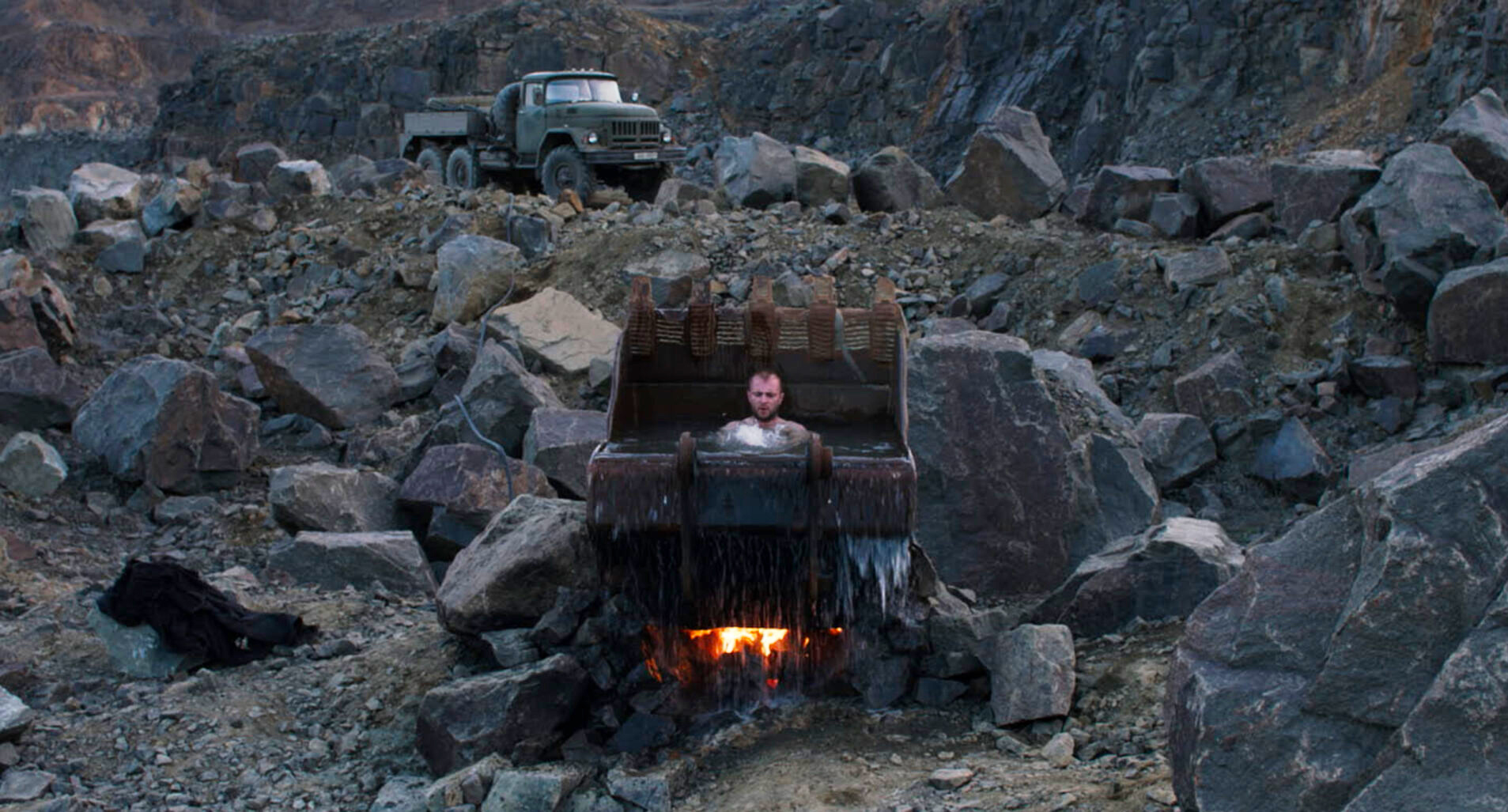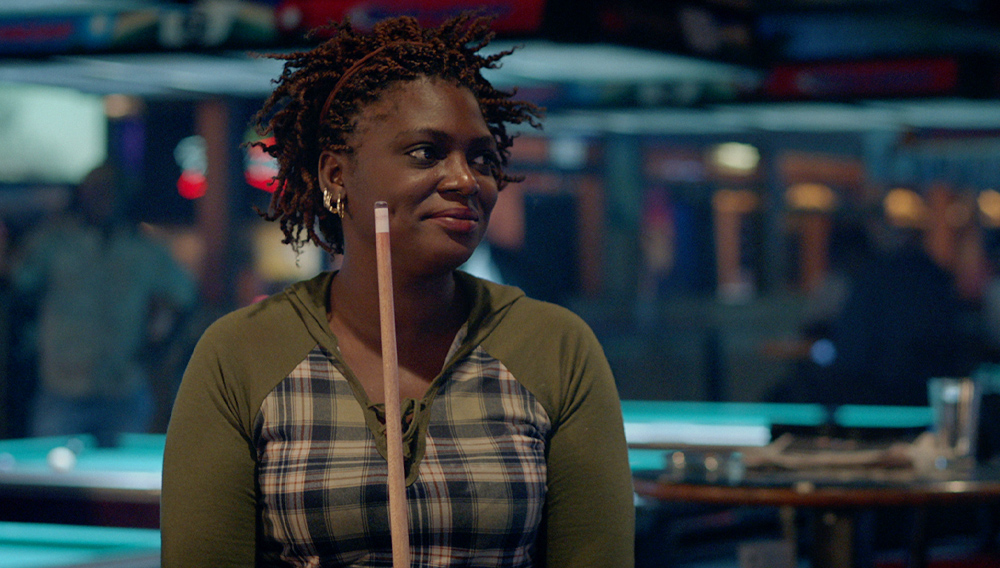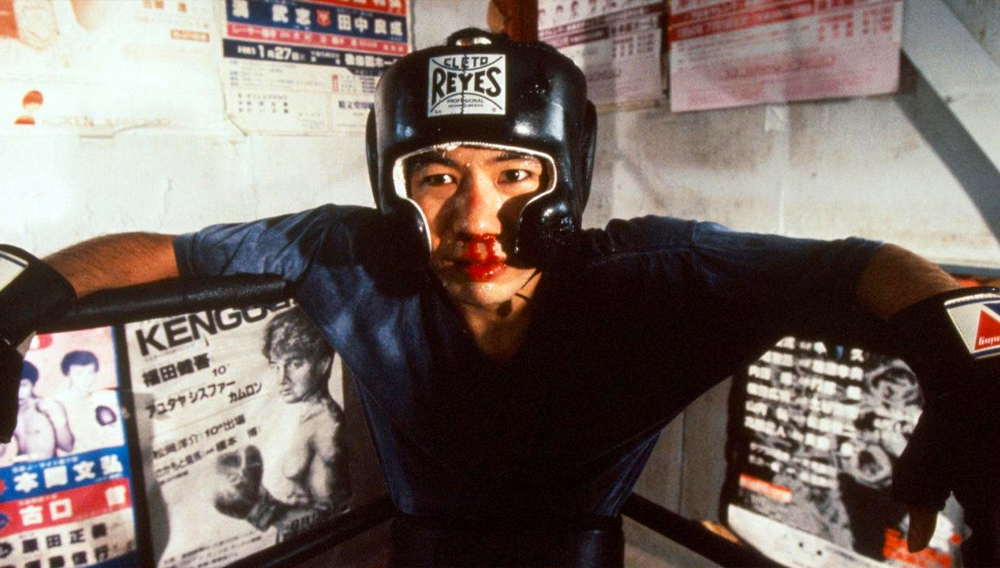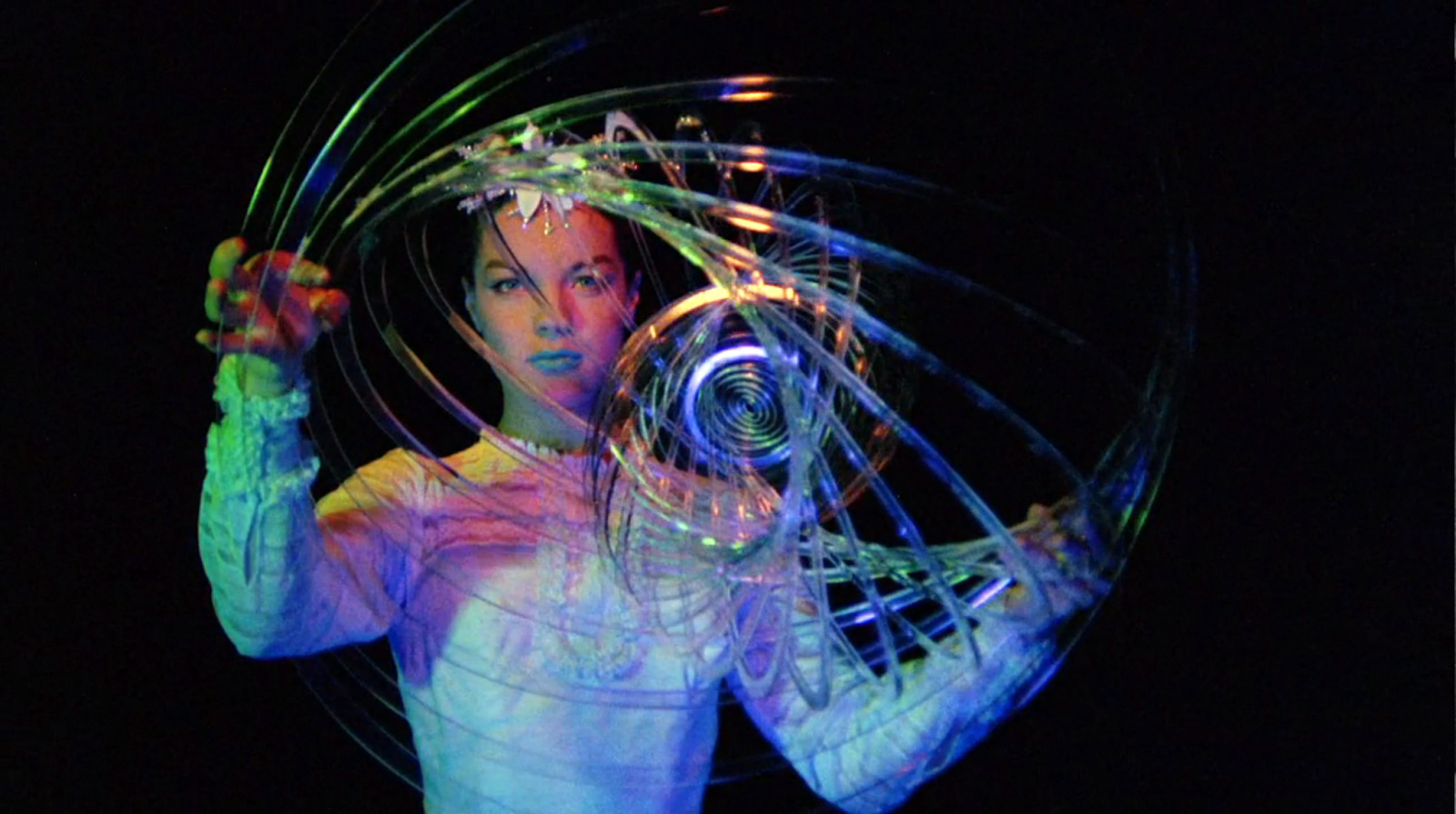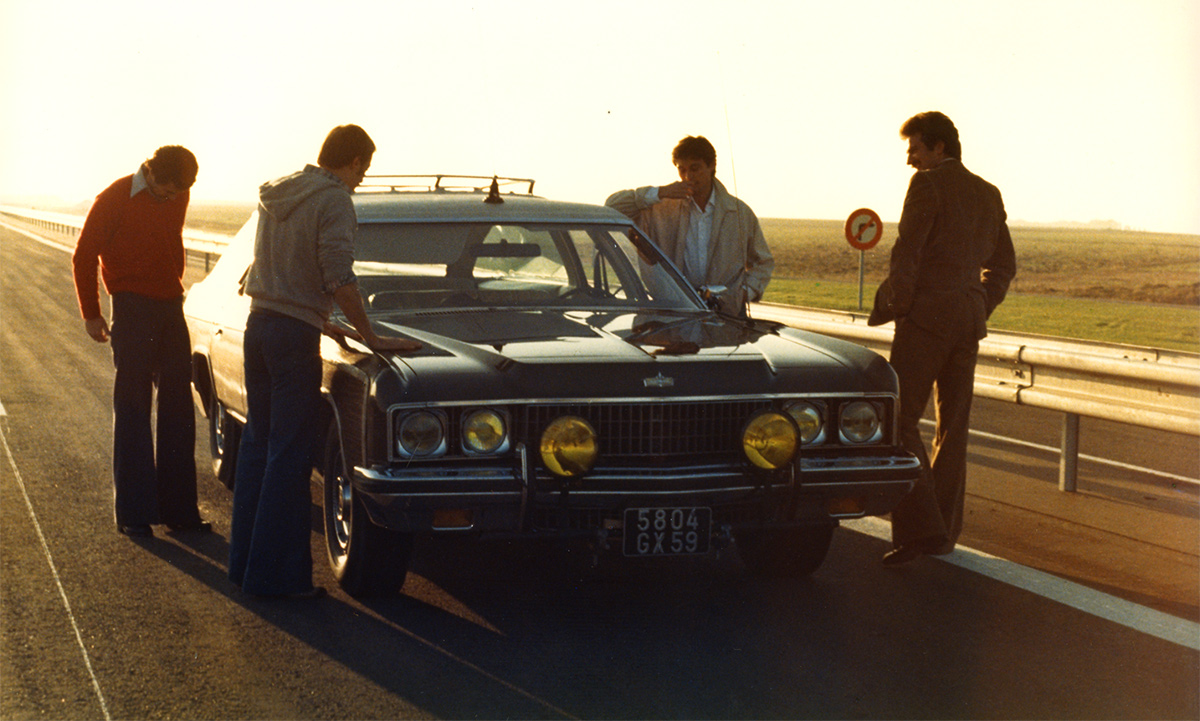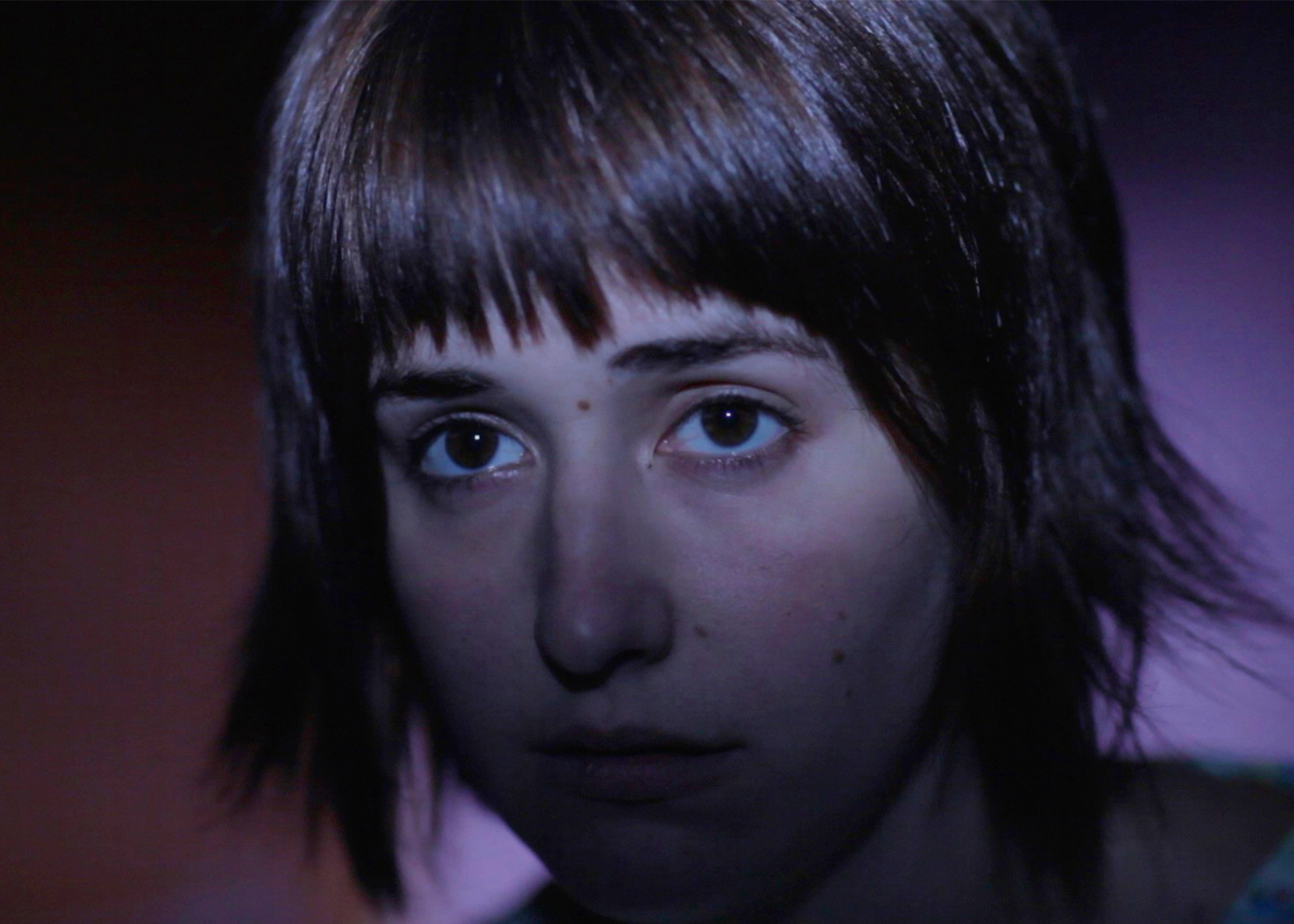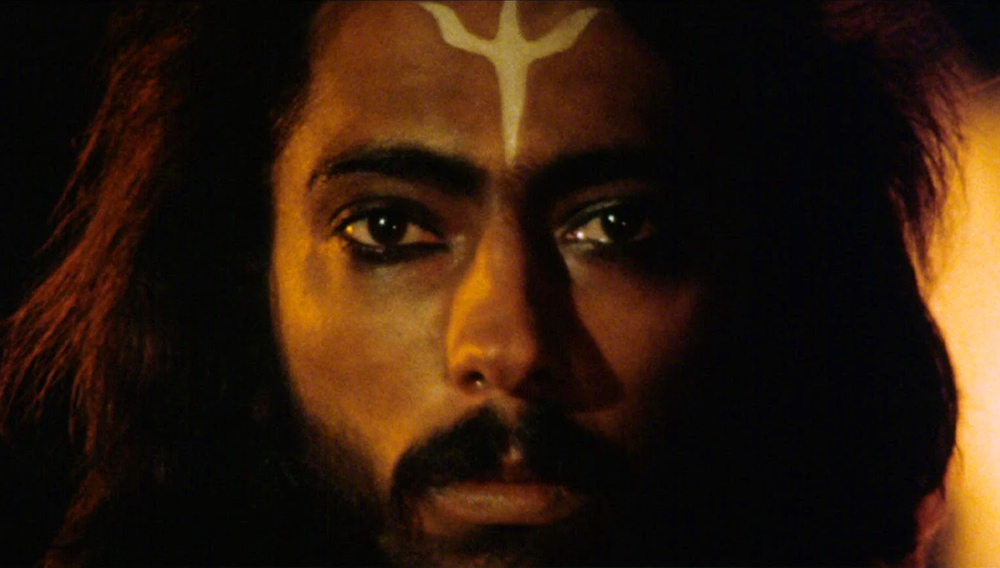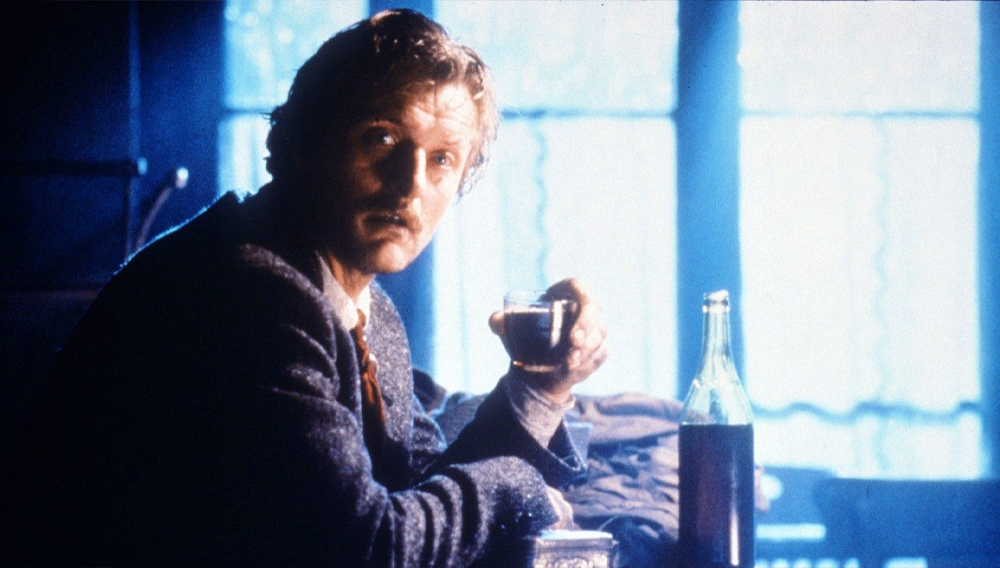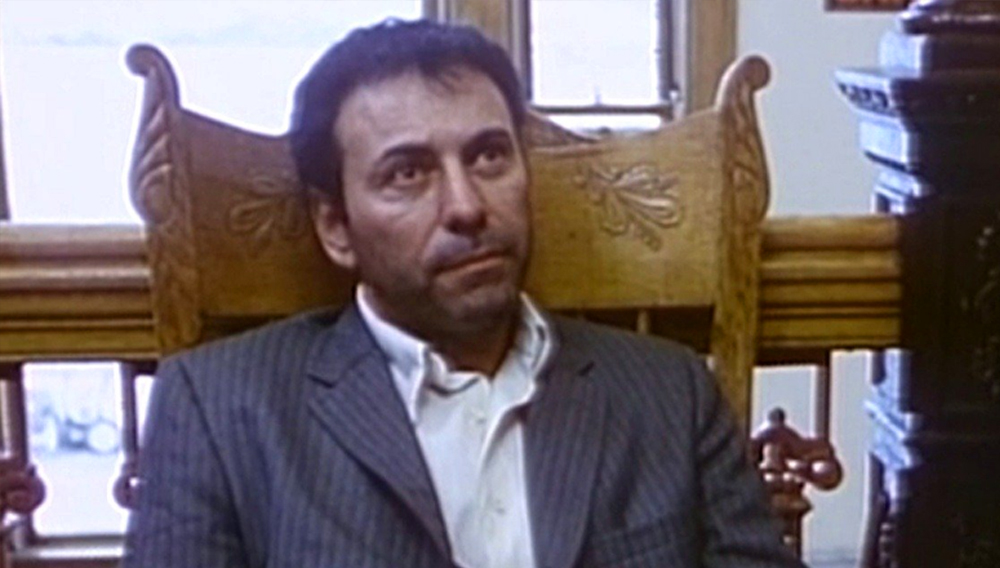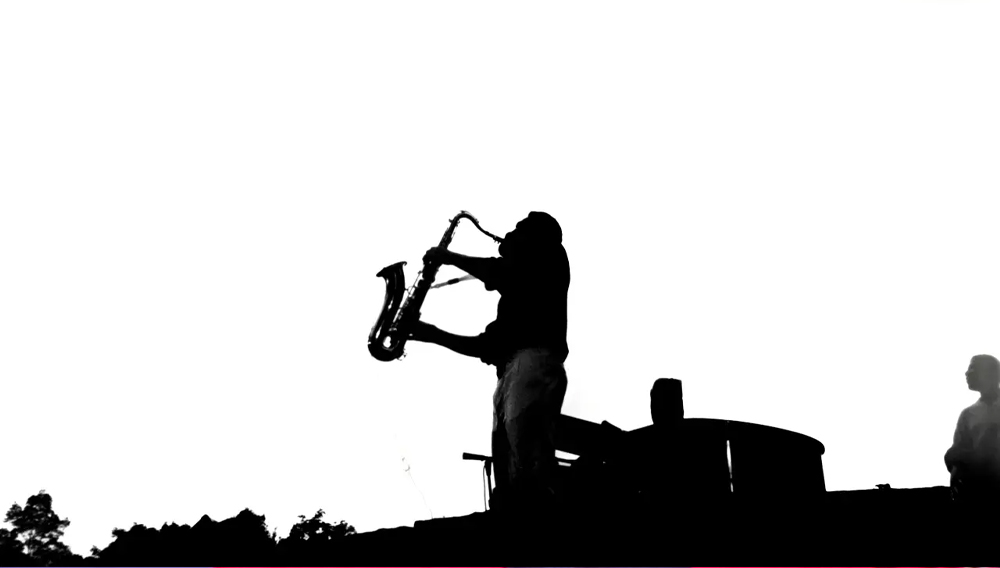14.February.2012: It’s halftime in Berlin, and one of the best reviewed premieres of the fest is Berlin School director Christian Petzold‘s Barbara. MUBI Notebook’s David Hudson writes, “Of all directors working in Germany today, Christian Petzold has the surest hand and, while, after just one viewing, it’s too early to stake a claim for Barbara as his best film yet, it is, in many ways, a culmination of his stylistic progression towards a classic yet vividly contemporary cinematic language.” He goes on to cite Petzold’s avowed influences for this film: “In this year’s round of interviews, [he]tells us he’s been watching Chabrol, Hawks’ To Have and Have Not (for the way lovers in jeopardy speak to each other in code) and French Connection, ‘a film that never stands on the side of power.'”
Movieline’s Stephanie Zackarek also praises Petzold as a “master of tone and mood,” but she focuses her Berlinale dispatch on Paolo and Vittorio Taviani’s Caesar Must Die. “Caesar Must Die may reignite the fortunes of this octogenarian directing team,” she writes. “The picture is stark and alive in its simplicity; rendered mostly in black-and-white, it’s gorgeous to look at—you could practically use it as an illustrated textbook on framing and composition…A sort-of documentary that tells the story of a group of prison inmates—incarcerated at Rome’s maximum security Rebibbia—who mount a production of Shakespeare’s Julius Caesar…Caesar Must Die is really just about the way art lives on through people, sometimes in unlikely ways.”
Indiewire’s Eric Kohn is happiest with Radu Jude’s Everybody in Our Family, a film that he thinks “typifies the best qualities of contemporary Romanian cinema…tense to the point of exhaustion, brilliantly shot to evoke a real time effect, and filled with immersive long takes and naturalistic performances.” Kohn is thinking specifically of Radu Muntean‘s Tuesday, After Christmas : “With different characters, Jude’s story picks up where Tuesday left off, following deadbeat dad Marius (Serban Pavlu) as he comes to terms with the recent separation from his wife Otilia (Mihaela Sirbu) and their five-year-old daughter Sofia (Sofia Nicolaescu). Radu establishes that conundrum in clean, linear terms before taking a sharp turn into chaos.”
Kohn comes down comparatively hard on Brillante Mendoza’s hotly anticipated Captive, based on real events of terrorist group Abu Sayyaf’s 2001 raid of a resort in the Phillipines.”If you choose to focus on Isabelle Huppert, a good movie hides somewhere in Captive,” writes Kohn before letting the other shoe drop: “The nonfiction backdrop and passing conversations about the politics driving the situation imply that Mendoza wants to make something deeper than a genre exercise, but neither Huppert nor various plot twists can salvage Captive.”
Scholar David Bordwell publishes the sixth article in his informative series on the conversion to digital projection and its manifold consequences. Focusing on conservation and stewardship this time out, Borwell sets out with a couple of unnerving questions: “Will today’s typhoon of ones and zeroes rip away our analog past? Will there ever be a digital Dawson City, a stockpile of files of lost movies? It seems likely that digital projection has, in unintended and unexpected ways, put the history of film in jeopardy.” Not entirely unrelated, Victoria Bekiempis reports for The Village Voice will begin deleting torrents February 29.



